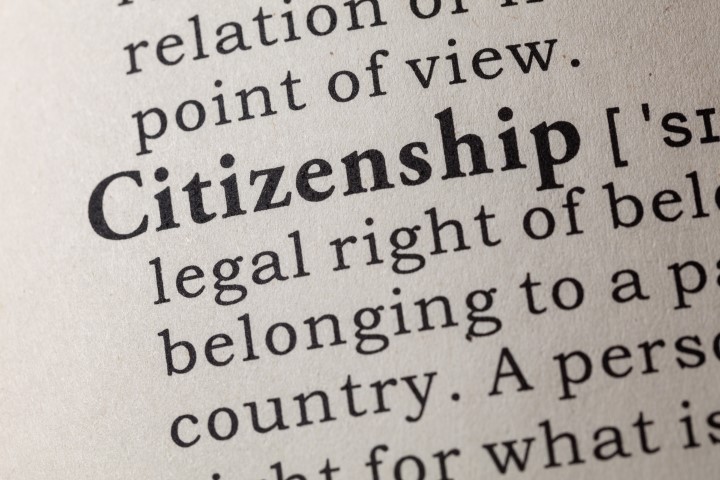A 2018 survey of K-12 superintendents found that the percentage of district leaders concerned about students graduating unprepared to participate for civic life increased drastically over the last year.


A 2018 survey of K-12 superintendents found that the percentage of district leaders concerned about students graduating unprepared to participate for civic life increased drastically over the last year.
Gallup conducted 1,892 web interviews with superintendents across the U.S. over the summer and asked them to identify the biggest challenges facing their districts for the coming year. And while recruiting and retaining talented teachers was the top concern, a drastically higher percentage pointed to preparing students for engaged citizenship than in previous years, Education Dive reports.
“Gallup asked superintendents most of the same items included in this year’s survey in 2017, as well as in 2013,” according to the report, “Leadership Perspectives on Public Education, The Gallup 2018 Survey of K-12 School District Superintendents.”
“The biggest change since last year is a spike in the percentage who agree that preparing students for engaged citizenship will be a challenge, which is up 24 percentage points from a year ago when just half regarded it as a challenge,” Gallup reports. “To some degree, this may be an acknowledgement of the increasingly contentious and polarized political environment in the U.S. It could also be a reaction to the prominent student activism on gun violence that occurred after the Parkland, Florida, school shooting earlier this year. About half, 51%, also saw preparing students for engaged citizenship as a challenge in 2013.”
Education Dive pointed to other troubling signs.
“Recent years have seen a growing realization that many students are making it through the K-12 education system inadequately prepared for civic participation. This is evident from the way people interact in online forums and shout each other down in face-to-face town hall meetings, as well as in late-night show street interviews that lampoon the general public’s inability to answer random questions from a citizenship test or name one member of Congress,” according to the education site.
Several states are strengthening civics graduation requirements, in some cases requiring students to pass a citizenship test to receive a diploma, while the National Education Association teachers’ union and others promote service work, and a focus on critical thinking and civil debate, to help turn around the trend.
“Simply put: Like other skill sets, providing opportunities to put what is being learned into action is critical for effective instruction,” according to Education Dive.
It may also be critical to healing the country’s divides.
In his book “The Death of Character,” Institute for Advanced Studies in Culture founder James Davison Hunter offers esteemed sociologist Charles Moskos’ perspective on the importance of developing a shared sense of civic virtue.
“ … (A)s Charles Moskos put it, ‘Because of the relative weakness of other forms of community …, out cohesion depends upon a civic ideal rather than on primordial loyalties,’” Hunter wrote. “In this way, service-learning as a vehicle of civic education can be a means by which communities are drawn together again.”
Educators who want to bridge political divides and help students engage in their communities can find a wealth of resources through CIVITAS, a comprehensive K-12 model for civic education developed with the help of dozens of leading scholars and classroom teachers from across the country.
For further reading on CultureFeed